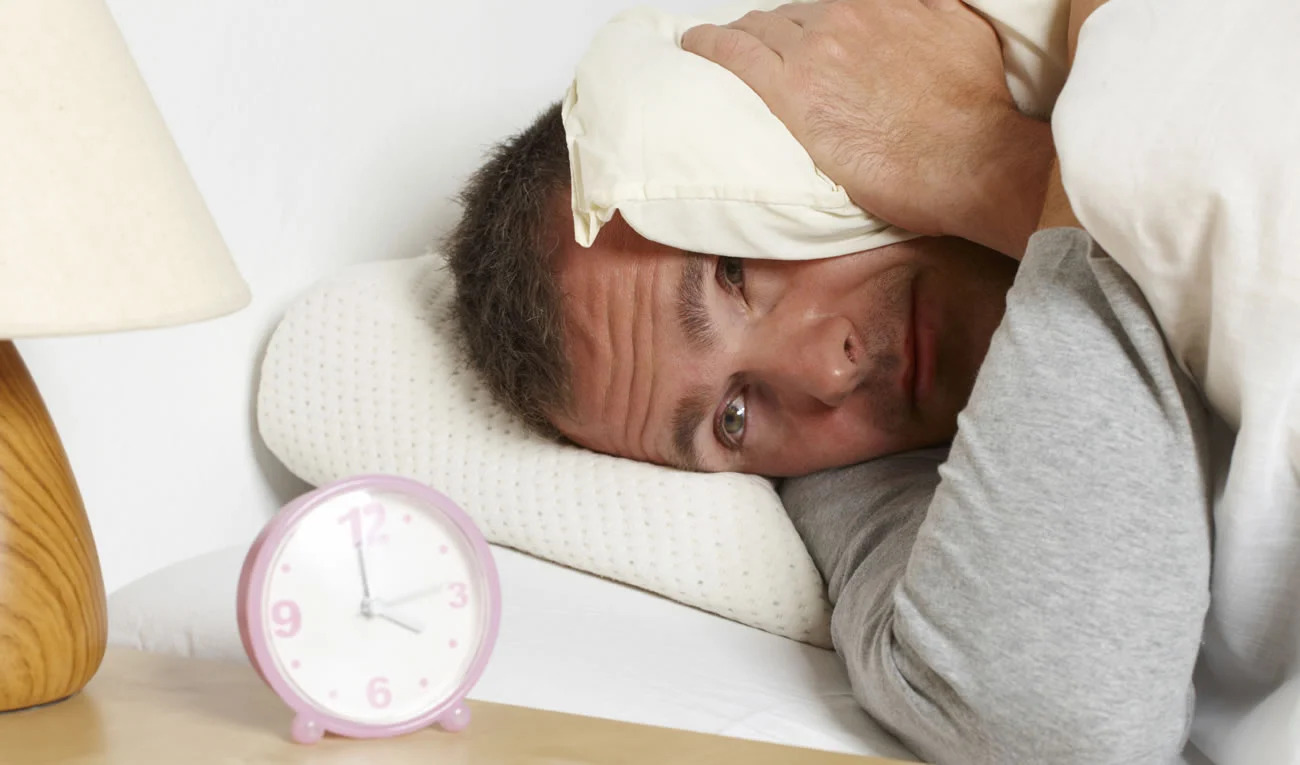Is the lack of sleep worth the weight?
With the Circuit Breaker in place due to the COVID-19 situation, have you been working from home and staying up late to meet a deadline as you juggle to care for your family in the day time?

Or are you simply not sleeping enough due to poor sleep hygiene? On top of that, have you been trying to lose that stubborn excess weight that just refuses to leave you?
Not clocking in enough sleep has greater far-reaching effects on your weight than you might think. Scientists have found a deep relationship between sleep and weight, establishing that a lack of sleep is strongly linked to an increase in appetite and weight.
Lack of sleep and body composition

When weight loss is desired, we want the best of both worlds – to lose body fat, while building or maintaining muscle mass.
During deep sleep or restorative sleep, also identified as Slow Wave Sleep (SWS) which is the third stage of the sleep cycle, up to 70% of growth hormones was found to be secreted within the first few minutes. Growth hormone is necessary for muscle cell production, therefore helping to maintain or building muscle mass, improving body composition in individuals.
But of course, losing body fat requires the body to be in a caloric deficit. This means an individual who is trying to lose body fat needs to watch his or her calorie intake, and not rely solely on building muscle mass in order to lose weight.
Lack of sleep and appetite

When it comes to hunger, two hormones known as leptin and ghrelin are responsible. Leptin is a hormone produced by fatty tissues, which regulates long-term energy levels by signalling to the brain that the body has sufficient fat stores, thus suppressing hunger and promoting weight loss. Conversely, ghrelin is a fast-acting hormone produced within the stomach when it is empty and signals the feeling of hunger to the brain.
Research have shed light on sleep deprivation causing a drop in leptin levels by an average 19%, as opposed to sleep extension. Concomitantly, there was a sharp increase in ghrelin levels by 28%. This corresponded with a raised subjective rating of hunger score by 24%, tallying with a 23% increase in appetite rating.
Although a lack of sleep has been found to increase energy expenditure by ~5%, meaning more calories burnt, the results on weight often prove otherwise. Scientists explain that the body attempts to adapt physiologically by increasing food intake when undergoing sleep deprivation. This is done in order to provide the necessary energy for the individual to stay awake and alert. However, when food is easily accessible, consumption usually exceeds the needed amount.
Lack of sleep and diet choices

Reduced leptin levels predicted a rise in hunger amongst test subjects, and even revealed that they displayed a preference for foods that are higher in carbohydrates and bolder in taste. This suggests that sleep deprivation could alter food intake behaviours, in instances where affected individuals’ food consumption was compelled by psychological or emotional needs, rather than fuelled by the essential daily caloric needs.
Simply put, this meant that individuals who are sleep-deprived have a higher tendency to eat more than required, as they derive comfort and relief from it. Additionally, they also desired foods that were sweet, salty and starchy.
Lack of sleep and energy levels

Ever been sleep-deprived and notice that you can barely stay awake or concentrate on a task? Or feel so lethargic to do anything physically active or mentally stimulating? This is something many of us would have experienced firsthand, and the first thing most of us would like to do is to catch up on our sleep.
Being sleep-deprived, more often than not causes us to feel too tired to exercise. You may find yourself putting off exercising day after day after having pulled several all-nighters. This can severely impede one’s exercise routine, significantly diminishing the earlier benefits gained. As a result, this may prove discouraging, especially when you have built up a good exercise momentum.
The lack of sleep can also give us brain fog which makes it difficult for us to learn new things or concentrate at work or school. It has a negative impact on our mental and emotional well-being, causing us to be easily irritable or impatient with others or the situation we are in. Even worse yet, it can make us less alert, putting us and others at risk of getting into an accident.
The right amount of sleep and how to do it right

The optimal amount of sleep differs amongst every individual, but the most recommended amount is 7-9 hours in adults of ages 18-64 years old, and 7-8 hours in older adults 65 years and above. If you are struggling with getting enough sleep, get tips to boost your immunity by improving the quantity and quality of your sleep here.







